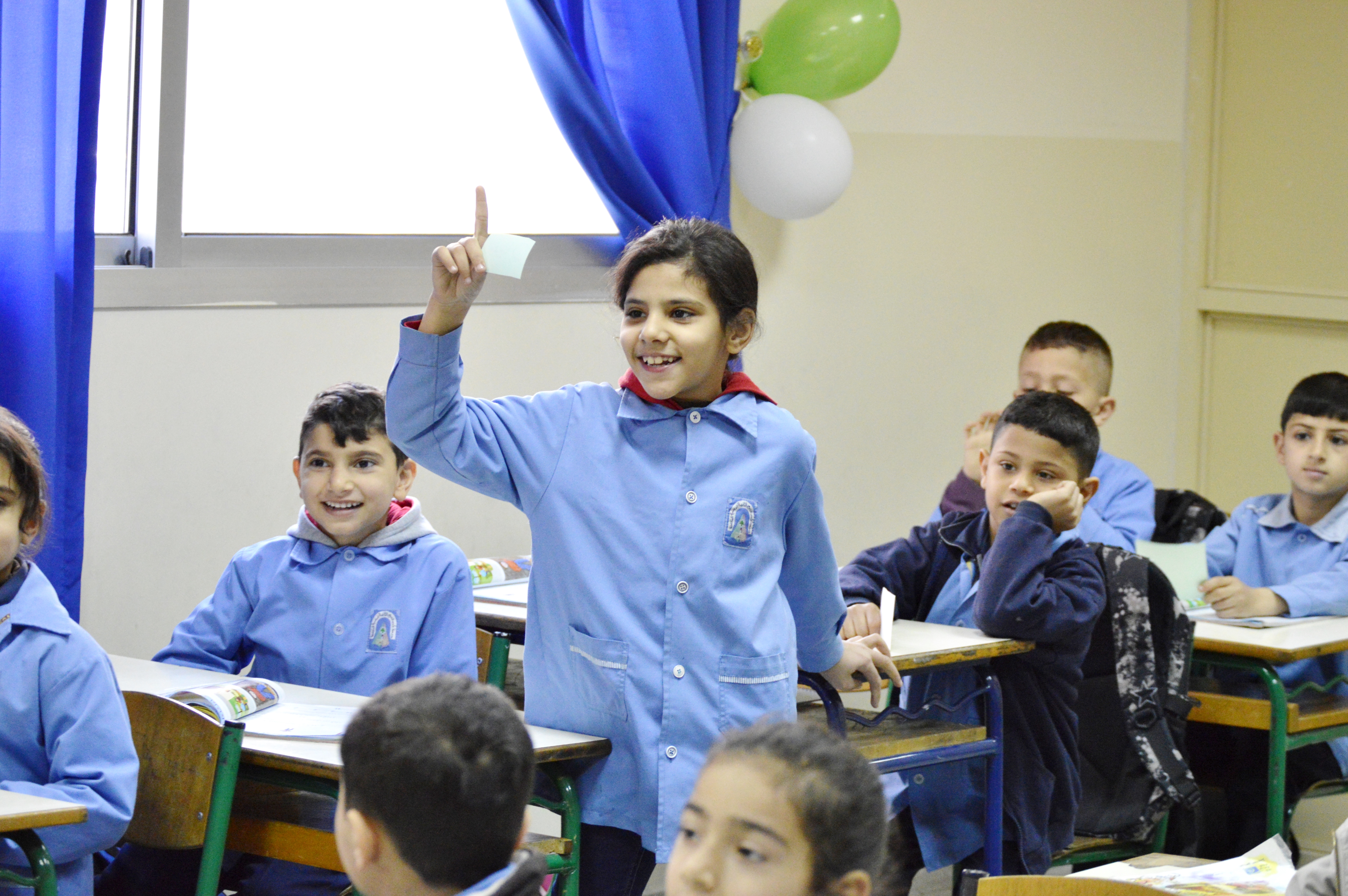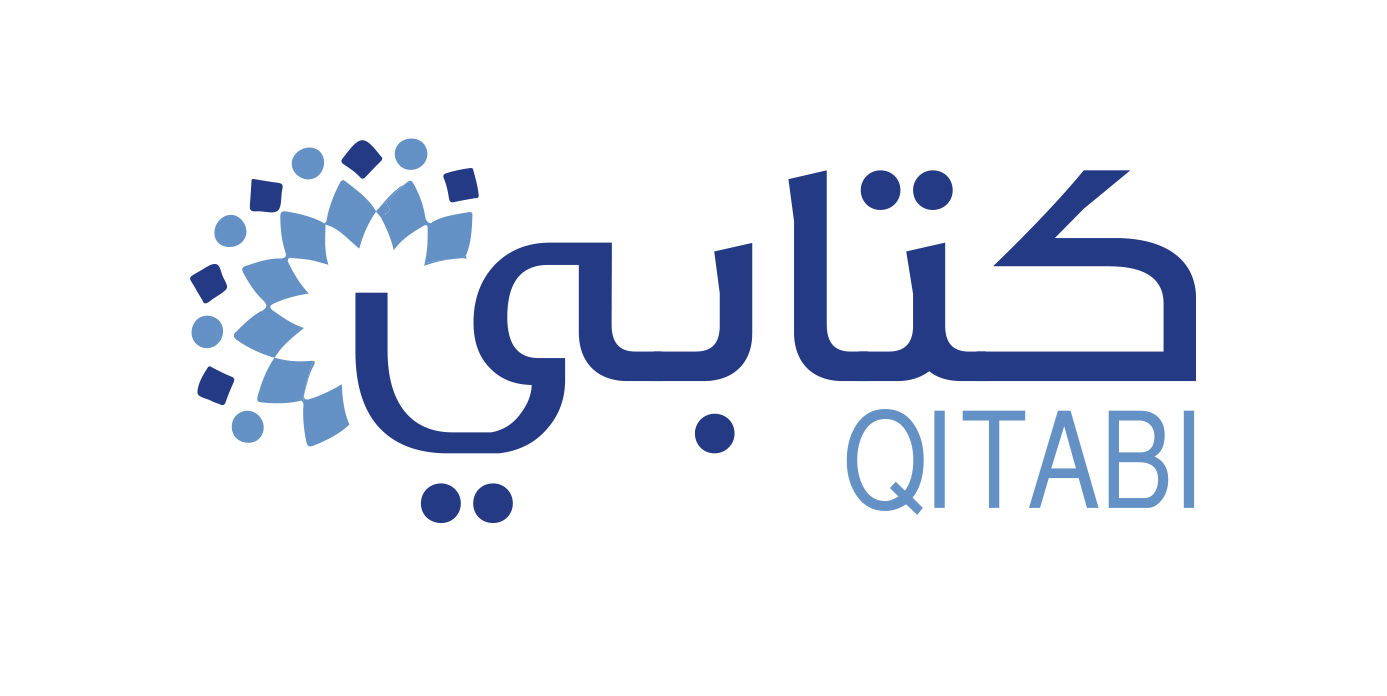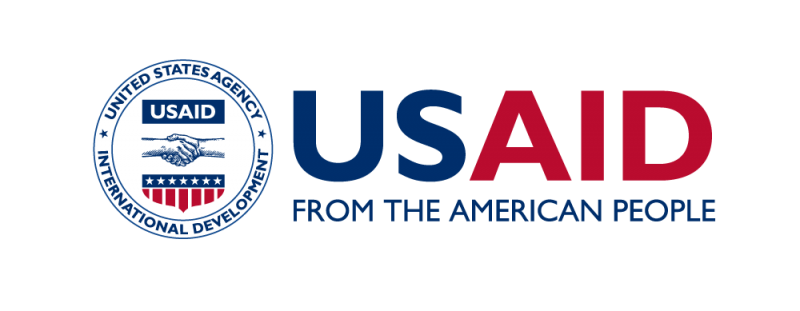-
What We Do
- WHERE WE WORK
-
About Us
 Welcome Message from Carol Jenkins
Welcome Message from Carol JenkinsFor more than 90 years, World Learning has equipped individuals and institutions to address the world’s most pressing problems. We believe that, working together with our partners, we can change this world for the better.
On my travels, I’ve had the opportunity to meet with many of those who have joined us in this mission. In Baghdad, we’ve trained more than 2,300 Iraqi youth who are already giving back at home. In London, our partners in the TAAP Initiative strongly believe that we are all responsible to practice inclusion. And in Vermont, our Experiment in International Living and School for International Training participants prove every day that they have the tools and the determination to change the world.
Please join us in our pursuit of a more peaceful and just world.
- Get Involved

Where We Work > Program List
Quality Instruction Towards Access and Basic Education Improvement (QITABI)
DURATION: 09/30/2014 - 12/31/2019
FUNDER: USAID
PARTNER: Ministry of Education and Higher Education in Lebanon, AMIDEAST, Management Services International, Ana Aqra’
CONTACT: [email protected]
Program Description
The five-year Quality Instruction Towards Access and Basic Education Improvement (QITABI) project implemented its activities to expand equitable access and improve learning outcomes for vulnerable students in Lebanese public schools nationwide.
Funded by USAID, the project focused on alleviating strains to the education system resulting from the continued inflow of Syrian refugee children into Lebanese public schools. In collaboration with the Ministry of Education and Higher Education in Lebanon (MEHE), QITABI helped improve facilities, services, and teaching, and effectively engaged communities and school councils to improve learning and increase the chances of youth remaining in the education system. World Learning, with partners Ana Aqra’, AMIDEAST, and Management Systems International (MSI), provided technical assistance and capacity building within the context of three project components.
Program Goals
- Expanded equitable access and improved reading outcomes for primary level public school students.
- Expanded access to safe and relevant education for vulnerable public school students.
- Strengthened management in the education system to better direct and monitor education of students who remain in the formal education system.
The project provides technical assistance and capacity building within the context of three project components:
Component 1: Improving reading outcomes for primary level public school students
QITABI Component 1 focused on improving early-grade students’ Arabic language reading skills in grades 1-4 in 913 primary public schools. The project instituted an early-grade reading assessment to track and monitor students’ reading skills and progress, established an early warning system to identify and support struggling readers, and developed teacher training modules and classroom materials to enhance learning. QITABI provided training and coaching to more than 1,947 primary school teachers and offered day-to-day support through the project’s learning facilitators. QITABI also hosted parent and community awareness reading activities, such as Parent Reading Circles. Additionally, QITABI trained the Ministry’s teacher mentors and the Center for Education and Research and Development’s master trainers to support oversight of the program and professional development for educators. QITABI also provided read-aloud and leveled books as well as e-books to enhance reading instruction and learning for more than 100,000 students, and ICT equipment (teacher’s laptop, overhead projector, and screen), and digital content to improve classroom learning environments for more than 58,600 students across Lebanon. QITABI helped set up dedicated ICT resource rooms to improve access to digitized teaching and learning materials in 300 schools.
Component 2: Expanding access to safe and relevant education for vulnerable public school students
QITABI’s Component 2 aimed to increase enrollment and retention of students in the formal education system by addressing barriers to attendance and bettering the school experience. To achieve this goal, the project worked with 300 public schools nationwide, focusing on those in marginalized communities, to equip them with ICT resource rooms and improve the overall school environment. More than 63,000 students benefited from these changes. QITABI also worked with the Lebanese MEHE to build child-friendly schools by developing social and psychosocial support activities and designing and implementing a strategy to bring ICT resources into primary schools. In addition, the project procured and delivered 100 school buses to help 4,800 students gain access to a high-quality education. The buses provided transportation to out-of-school students who live in rural areas, which facilitated basic literacy and numeracy classes and allowed program staff to promote enrollment in formal education. These buses helped up to 5,000 vulnerable out-of-school children and youth gain access to a high-quality education.
Component 3: Strengthening management (resilience in the education system to better direct and monitor education)
Components 1 and 2’s effectiveness relied on strong institutional systems within MEHE to ensure sustainability. Activities under Component 3 strengthened MEHE’s ability to monitor education services and effectively design and oversee reform efforts. This included stakeholder analysis and policy mapping, compiling and analyzing data collected at the school level, and familiarizing MEHE units and departments with evidence-based decision-making. These activities helped develop and strengthen policies and guidelines for a more resilient Lebanese education system.
Achievements
- 913 public primary schools consistently participated in teacher training and coaching, strengthened support systems for struggling readers, received new early-grade reading materials, and increased parental involvement.
- Through these schools, QITABI activities reached 66,993 students.
- 1,947 teachers received training and coaching on reading education and student assessments, new classroom resources and materials, and a teacher support network.
- 529 schools received ICT equipment to improve reading outcomes, and 300 schools received ICT resource rooms to enhance the overall school learning environment.
- By the end of QITABI’s activities, 78% of students in Grades 1-4 had improved their Arabic reading skills by at least one reading level, 62% had improved by one or two reading levels, and 16% had improved by three or more reading levels.
- In Grade 2, 1.7% of students had improved their oral reading fluency scores, and 2.7% had improved their reading comprehension scores. In Grade 3, 2% and 2.5% of students had improved their oral reading fluency and comprehension scores, respectively.
- The National Student Learning Assessment Framework (NSLAF), developed by QITABI in collaboration with MEHE, is an evidence-based framework detailing appropriate forms of assessment for different levels of schooling and learning. The NSLAF also outlines a capacity development plan to improve literacy assessment practices among the school workforce. This framework was adopted by MEHE and integrated into MEHE’s assessment .
Keep up with the latest information on QITABI by following the program on YouTube, Facebook, LinkedIn and Twitter.
Beginning in 2019, World Learning began implementing QITABI 2 as a continuation of the QITABI project.







